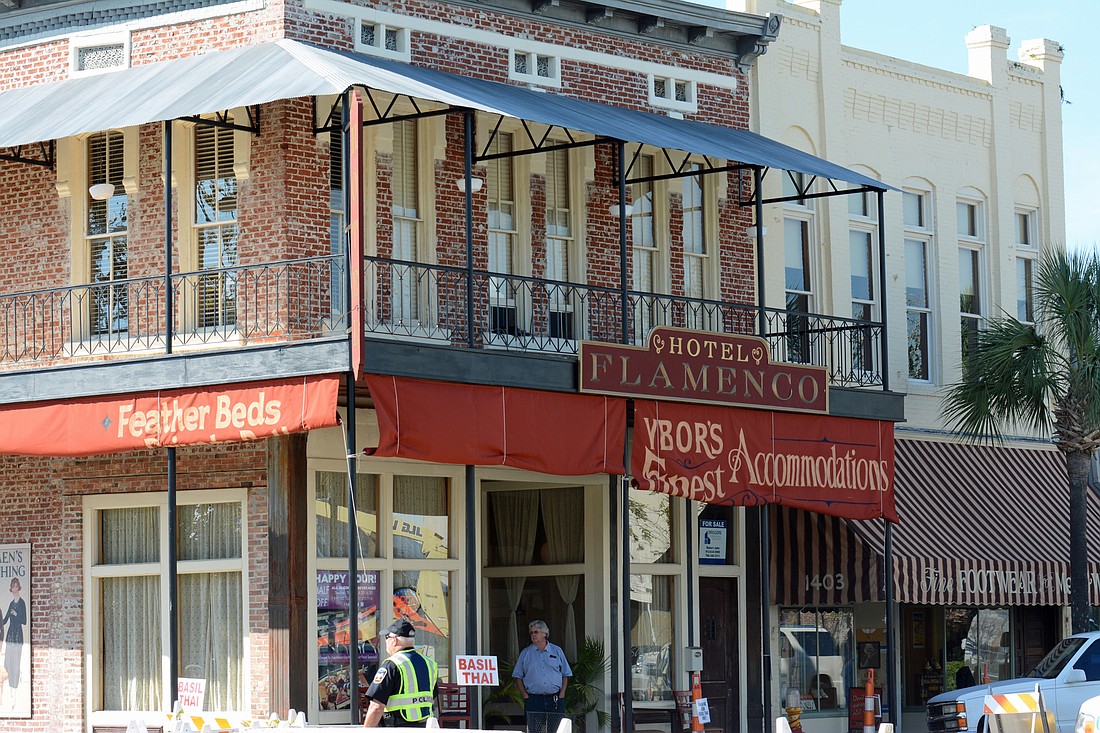- December 16, 2025
-
-
Loading

Loading

Spring Break Nightmare, a movie about a surfer who gets kidnapped while in Pinellas County for a surfing competition, was filmed last month in St. Petersburg, Gulfport and the beach communities of Indian Rocks Beach, Madeira Beach and St. Pete Beach. Slated to air on the Lifetime TV network or TUBI, a streaming service, it’s the latest in a string of low-budget, made-for-TV movies to be filmed in the area.